Less-Explored Topics in Natural History
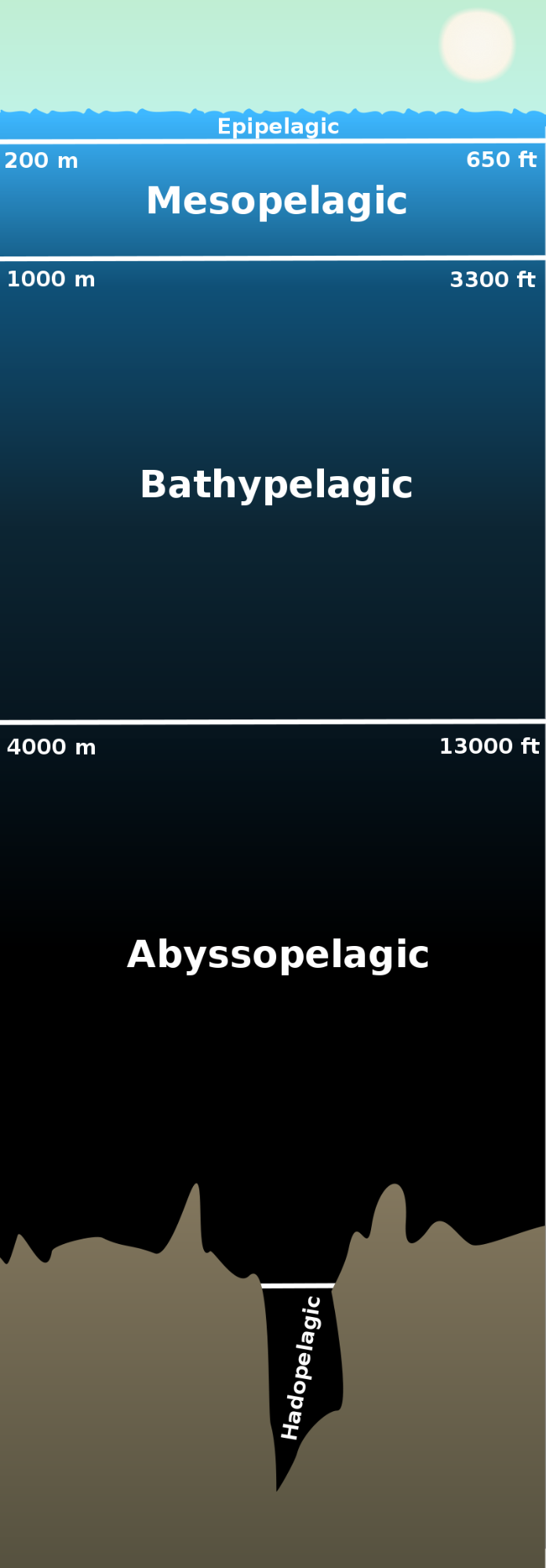
by Tatjana Beck
Just like the ocean gets less explored the deeper we go, there are topics in natural history that are less spoken about. We have explored much of the epipelagic and mesopelagic zones (the coastline and shallow ocean), but as the mesopelagic gives way to the deeper ocean, general understanding decreases. Similarly, in natural history, the deeper you dive, the more you uncover less-studied topics. What comes to your mind when accessibility in nature is mentioned? Deeper yet, what about a lack of representation and funding? Just as exploring the deepest depths of the ocean brings joy and wonder to more people, exploring these hidden topics in natural history is crucial to including everyone in nature.
Mesopelagic
Aidan Sullivan
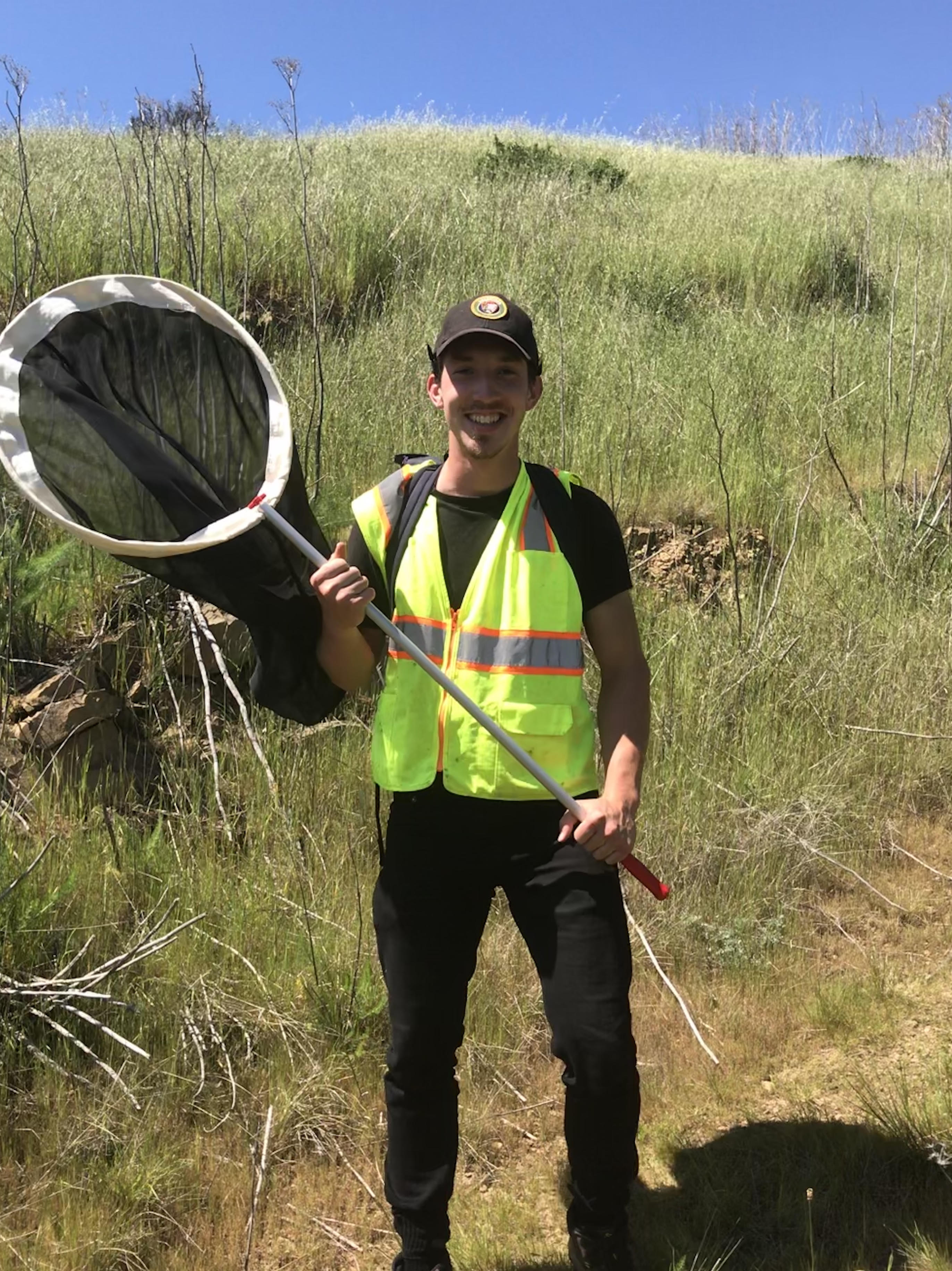 Simple things you do can have a huge impact on the people around you. For example, helping to lead volunteer events can be really rewarding, especially when kids are super excited and inquisitive about the natural world. I think a lot of my love for the natural world came from my father. Growing up he would bring me hiking and teach me about wildflowers and the native plants that he knew. Each year we would go on a big hike like to Vernal Falls or Mt. Whitney. Now I am working on a restoration project for the Golden Gate National Parks. Learning about different land management tactics and conservation challenges in college helped me grow as a naturalist.
Simple things you do can have a huge impact on the people around you. For example, helping to lead volunteer events can be really rewarding, especially when kids are super excited and inquisitive about the natural world. I think a lot of my love for the natural world came from my father. Growing up he would bring me hiking and teach me about wildflowers and the native plants that he knew. Each year we would go on a big hike like to Vernal Falls or Mt. Whitney. Now I am working on a restoration project for the Golden Gate National Parks. Learning about different land management tactics and conservation challenges in college helped me grow as a naturalist.
In the future I am hoping to continue working in restoration or resource management. I will always value outdoor recreation, and I look forward to one day taking my kids backpacking and teaching them about native plants like my father did for me.
Griffin Solsburg
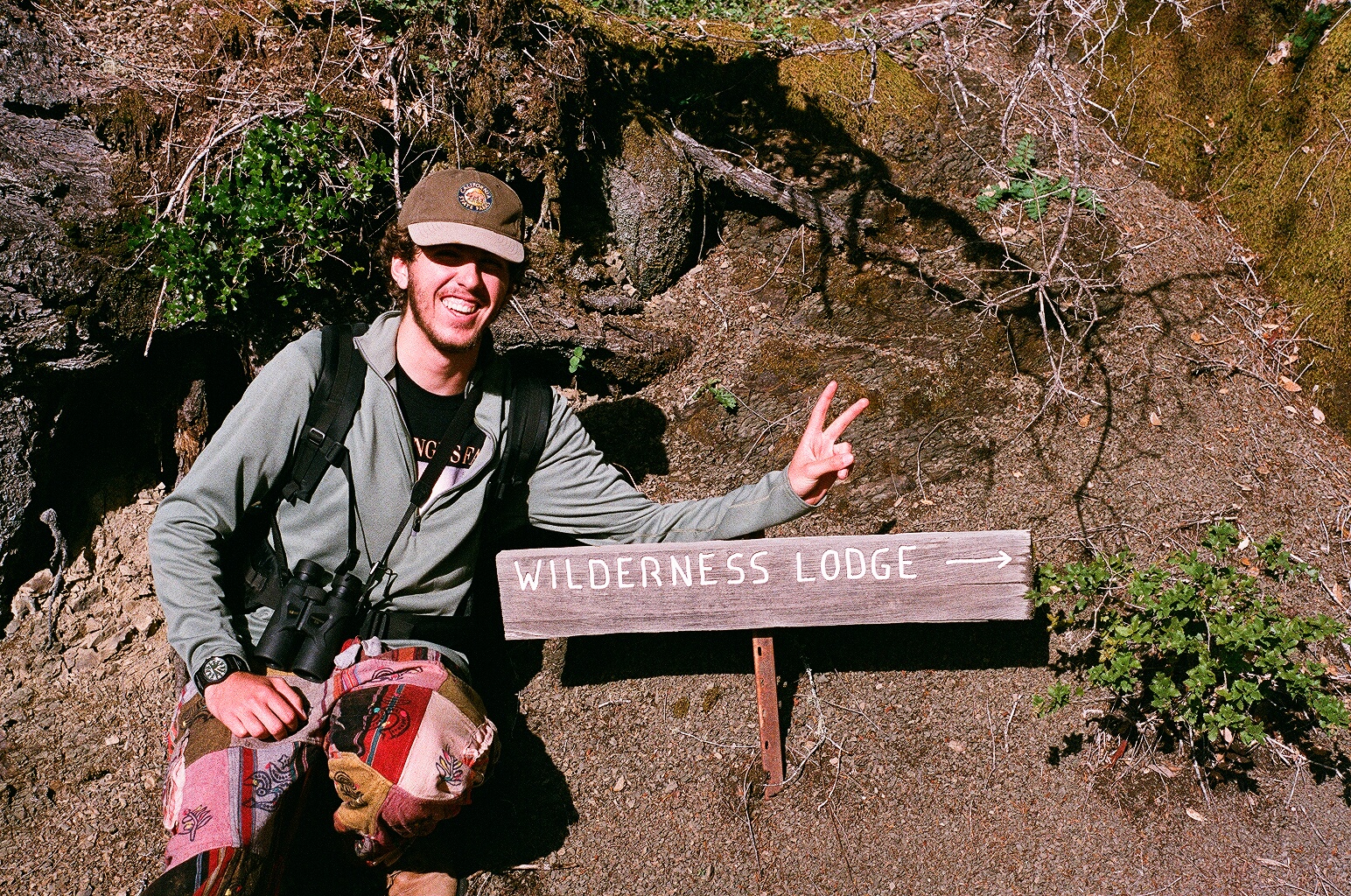 I believe that natural history will help me to keep the passion for the world, and will always help me to find beauty in both the extraordinary and the mundane. A particularly memorable memory related to this is from my field quarter when we were visiting Big Sur. We were tasked with selecting a study organism and to spend an entire day focusing on that single specimen, observing everything we could. I chose a small fern as this ancient plant group had caught my interest. I spent over six hours with this plant, keying it, asking myself questions about the specimen and the environment I found it in, examining the bugs that lived beneath it in the soil. While I had originally questioned my ability to focus my attention on a single plant for an entire day, I found that my interest and curiosity did not wane one bit and at the end of the day I was sad to part with the fern. I think this day helped my growth as a naturalist significantly, as it forced me to practice observational questions for hours and hours on end-and I enjoyed it!
I believe that natural history will help me to keep the passion for the world, and will always help me to find beauty in both the extraordinary and the mundane. A particularly memorable memory related to this is from my field quarter when we were visiting Big Sur. We were tasked with selecting a study organism and to spend an entire day focusing on that single specimen, observing everything we could. I chose a small fern as this ancient plant group had caught my interest. I spent over six hours with this plant, keying it, asking myself questions about the specimen and the environment I found it in, examining the bugs that lived beneath it in the soil. While I had originally questioned my ability to focus my attention on a single plant for an entire day, I found that my interest and curiosity did not wane one bit and at the end of the day I was sad to part with the fern. I think this day helped my growth as a naturalist significantly, as it forced me to practice observational questions for hours and hours on end-and I enjoyed it!
Bathypelagic
Ernesto Chavez-Velasco
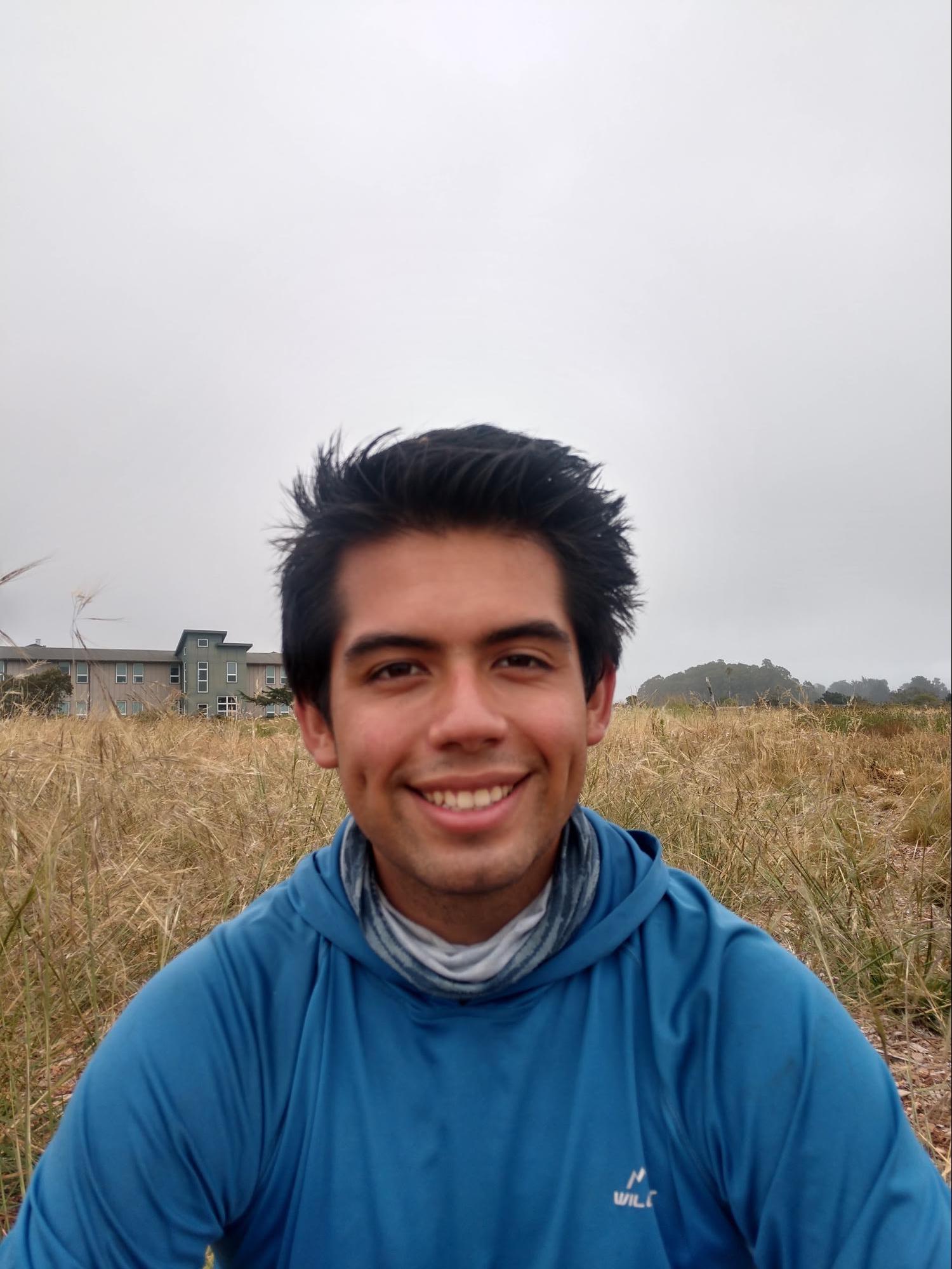 Excitement is contagious. When I do volunteer work with people who study natural history as a career or hobby, I always ask questions. It may seem simple to them, but they always respond with so much enthusiasm and explain for in great detail. It’s awesome to see how excited people get, once they’re excited I am as well. It’s infectious, volunteer work, or even talking with others after class, it’s a cool feeling to be involved with everyone. Through community interactions and going to natural history museums and seeing docents or whoever it is giving you all this information and to see how excited they are.
Excitement is contagious. When I do volunteer work with people who study natural history as a career or hobby, I always ask questions. It may seem simple to them, but they always respond with so much enthusiasm and explain for in great detail. It’s awesome to see how excited people get, once they’re excited I am as well. It’s infectious, volunteer work, or even talking with others after class, it’s a cool feeling to be involved with everyone. Through community interactions and going to natural history museums and seeing docents or whoever it is giving you all this information and to see how excited they are.
While I feel comfortable talking and asking questions it would be nice to try to improve the community would be to facilitate a better process to pass knowledge from knowledgeable people to those who want to learn. Sometimes they just don’t feel comfortable asking or don’t have the resources or staff to teach them more about it. Making information more accessible would help others get more excited about the natural world.
Nathalie Martin
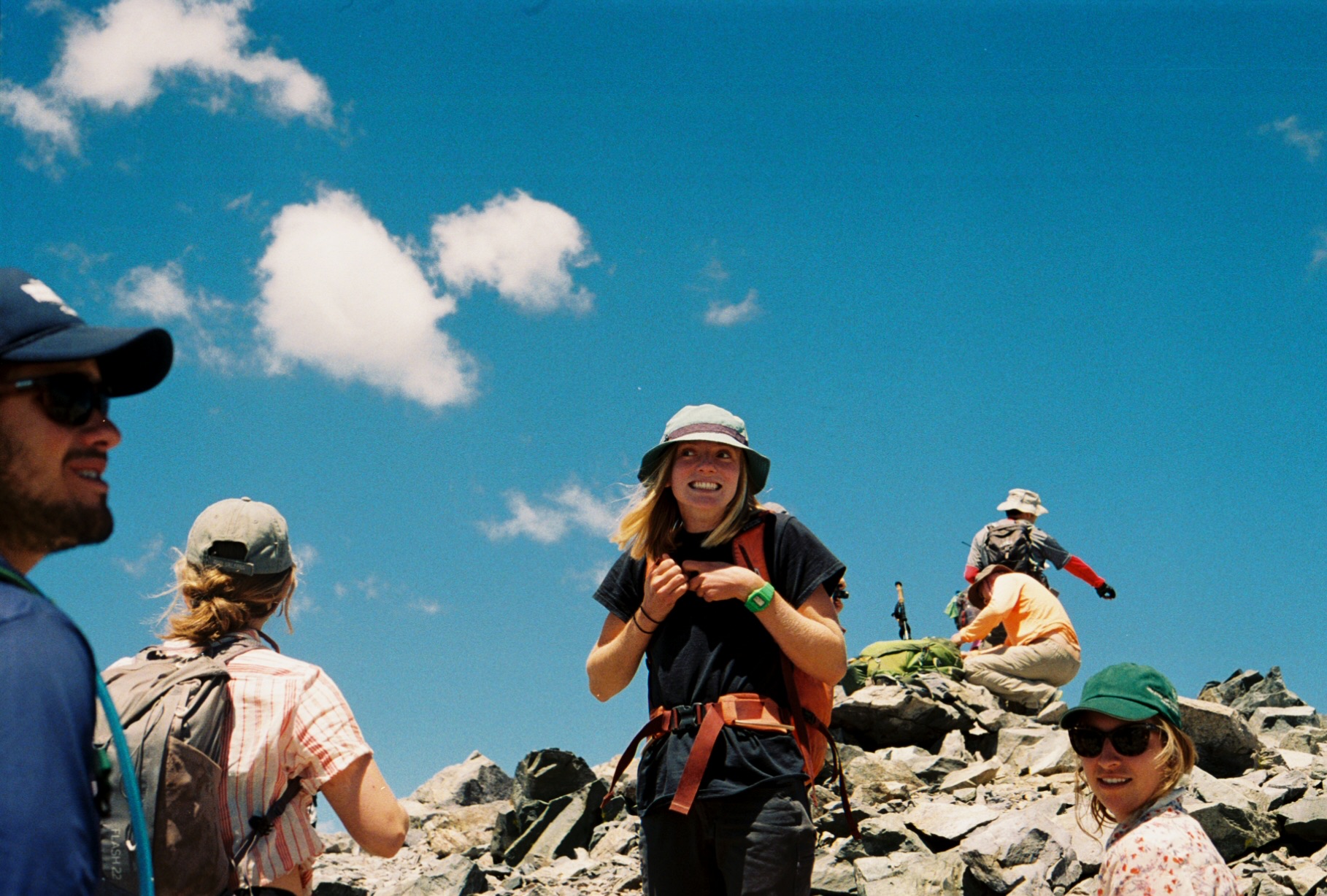 Having a place where people can experience deep nature and build a connection by having facilitated excursions that are both fun and engaging will help ensure that natural history stays relevant and prevalent in people's lives. Courses like field quarters are important and inspire people. Offering internships that are relevant in terms of connecting natural history and experienced naturalists with people who would like to get more experience outside.
Having a place where people can experience deep nature and build a connection by having facilitated excursions that are both fun and engaging will help ensure that natural history stays relevant and prevalent in people's lives. Courses like field quarters are important and inspire people. Offering internships that are relevant in terms of connecting natural history and experienced naturalists with people who would like to get more experience outside.
For my future, I am thinking of becoming a park ranger in Joshua Tree. Parks offer that space where people can connect with nature and I love that. I think outdoor education and recreation is also super important. You’re leading people into the wilderness and are teaching them how to be self sufficient while learning about the land around them and what lives there. Lastly, I love photography so ideally I want to merge my art with my love for nature to help others see what the natural world is like and to get them to go outside. Visual representation is crucial to get people interested.
Abyssopelagic
Mary De Aquino
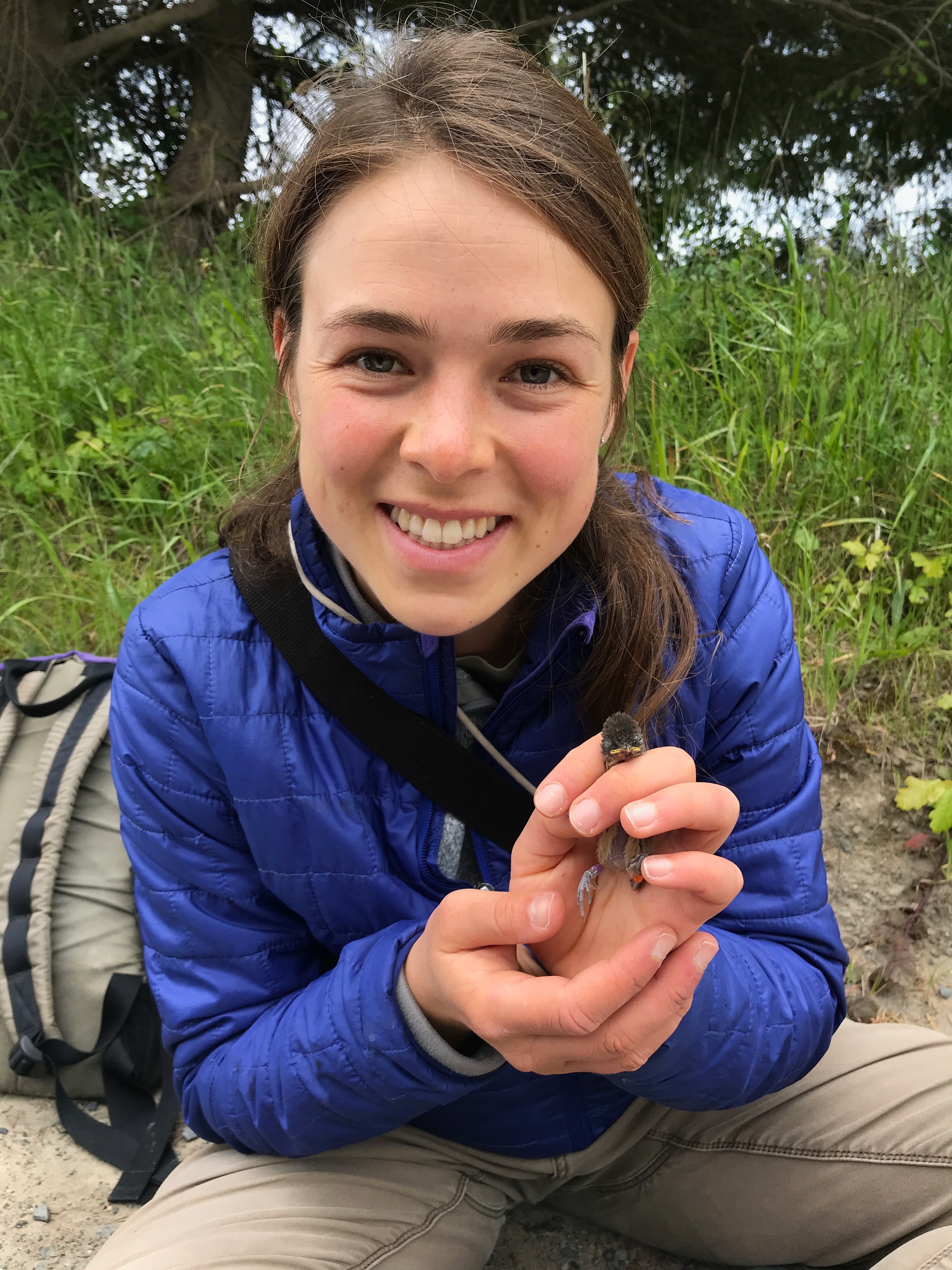 For the most part I have found the ecology and conservation field very welcoming, with lots of encouragement from people both inside and outside of the field. However, one challenge I have faced is remaining positive while applying for jobs. Often there are a huge number of applicants for very few positions, and it can be discouraging to keep applying even when you are unsure if you will ever hear back from most of the organizations you contact. I know that this challenge is not unique, and have spoken with many other naturalists starting out their careers who have felt disheartened while job searching. People starting careers in field research often must move around every few months with the start of new seasonal positions, and often get paid significantly less than equally educated, equally qualified individuals in other fields. The shortage of field research positions in many areas is due to a lack of funding, and this challenge could be alleviated if more people recognized the value of understanding and protecting the natural world and prioritized funding organizations that further these endeavors.
For the most part I have found the ecology and conservation field very welcoming, with lots of encouragement from people both inside and outside of the field. However, one challenge I have faced is remaining positive while applying for jobs. Often there are a huge number of applicants for very few positions, and it can be discouraging to keep applying even when you are unsure if you will ever hear back from most of the organizations you contact. I know that this challenge is not unique, and have spoken with many other naturalists starting out their careers who have felt disheartened while job searching. People starting careers in field research often must move around every few months with the start of new seasonal positions, and often get paid significantly less than equally educated, equally qualified individuals in other fields. The shortage of field research positions in many areas is due to a lack of funding, and this challenge could be alleviated if more people recognized the value of understanding and protecting the natural world and prioritized funding organizations that further these endeavors.
Jessica Correa
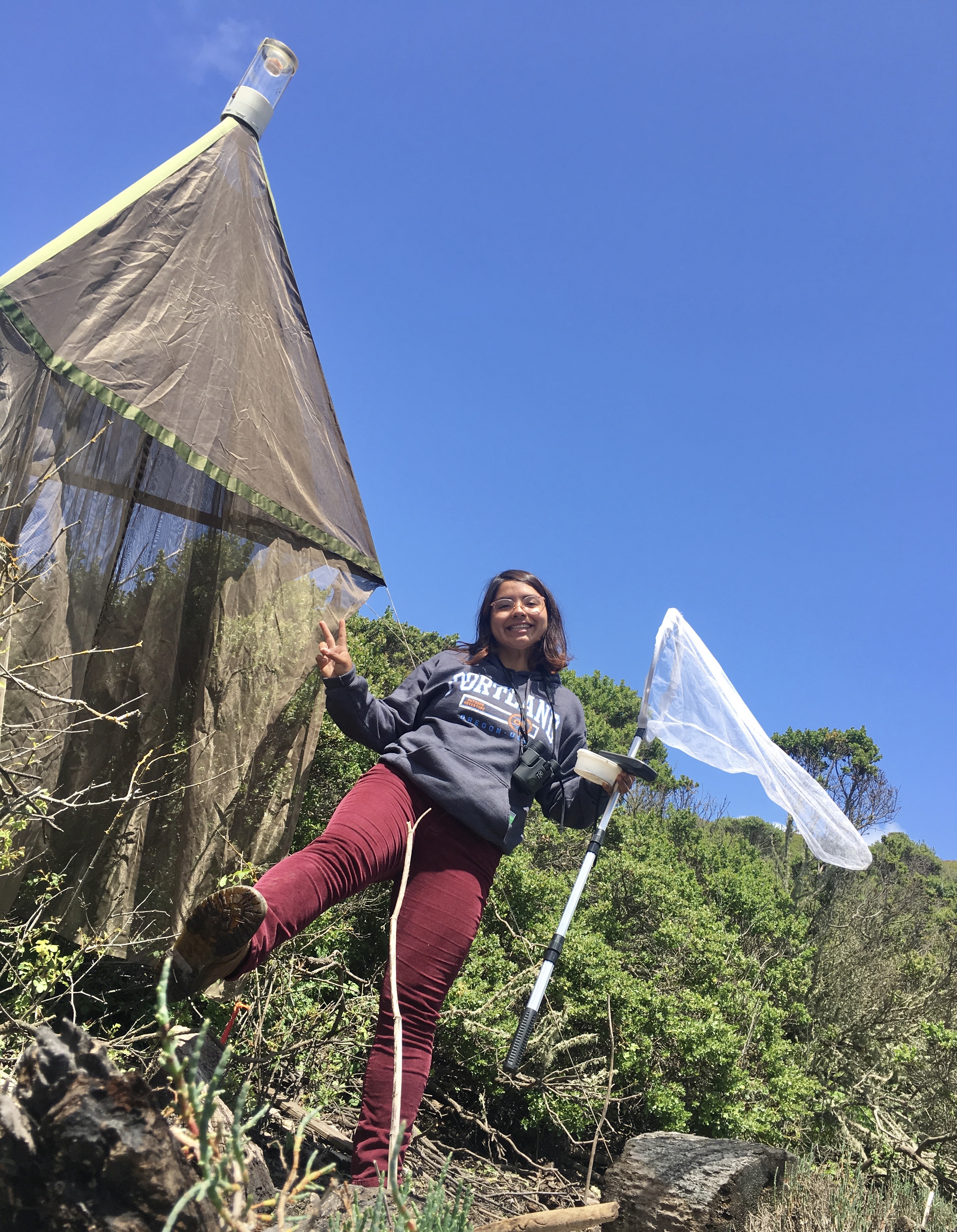 A challenge that people of color often face is the lack of representation and overwhelming whiteness of the environmental movement especially when the brunt of climate injustice is faced by black and brown communities in low income areas. I find myself reminding people to acknowledge that we are on stolen land or having to address (sometimes unknown) racist views held by other naturalists.
A challenge that people of color often face is the lack of representation and overwhelming whiteness of the environmental movement especially when the brunt of climate injustice is faced by black and brown communities in low income areas. I find myself reminding people to acknowledge that we are on stolen land or having to address (sometimes unknown) racist views held by other naturalists.
To get a more diverse group of naturalists we should reach out to more than just environmental majors. By talking to sociology or computer science students in large lecture halls you may get a larger cross section of people who love the natural world. In the larger Santa Cruz community we should be reaching out to people in Aptos and Watsonville with natural events to connect our communities. Lastly, on an even bigger scale, offering free services and nature education to schools with low funds would vastly improve our community in terms of diversity and education.
